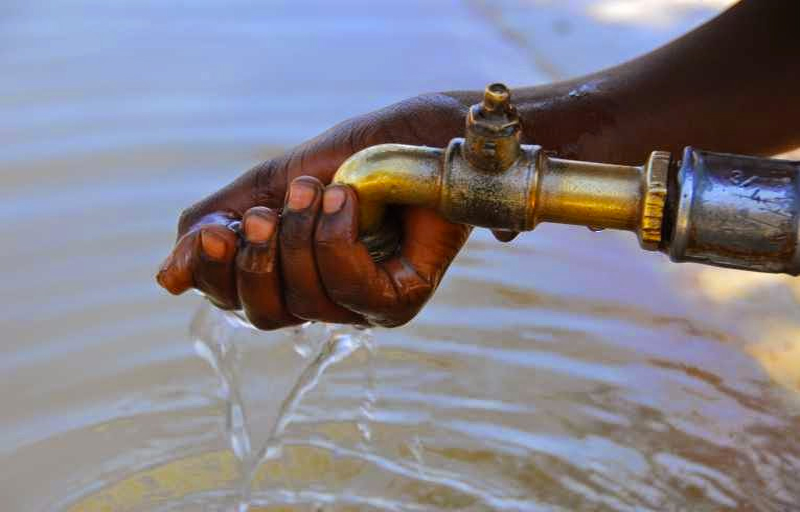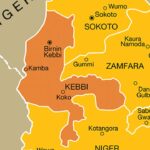The ‘Feed the Future Water for Agriculture’ activity, supported by the United States Agency for International Development (USAID), has increased access to water for almost 55,000 farmers and herders in Adamawa, Borno, and Yobe States and resulted in over 1,600 farmers adopting improved agriculture production practices.
USAID disclosed this in a statement on Monday.
Access to water and scarce water facilities have contributed to conflict between herders and farmers in the Northeast.
The four-year (2019–2023) Water for Agriculture activity, implemented by Catholic Relief Services and partners, helped reduce tensions between the two communities.
- Umahi asked to ‘take a bow’ as Senate resumes ministerial screening
- Tribunal reserves judgement in petition against Tinubu’s victory
Across the three states, Water for Agriculture constructed and rehabilitated 21 water facilities, including dams, irrigation schemes, boreholes, and water retention ponds.
Speaking at the closeout event, USAID/Nigeria’s Director of Economic Growth and Environment, Michelle Corzine, said: “USAID recognizes the importance of water access for consumption and agricultural use. Through our Water for Agriculture activity, we have increased access to water for smallholder farmers and livestock herders and strengthened the governance and management of water resources.”
Speaking on the benefits of the Feed the Future Water for Agriculture activity, Chairman of the Water Users Association in Zobi 2 Community, Borno State, Usman Tella Mustapha, was quoted as saying, “We walked long distances to fetch water and our livestock suffered during dry seasons. The construction of a new dam raised the water level so that the boreholes could pump water. Access to clean water within our community has saved us time, increased productivity, and enhanced our overall well-being.”
USAID said it had enabled globally nearly 60 million people to access safe drinking water and 45 million people to access sanitation, since 2008.

 Join Daily Trust WhatsApp Community For Quick Access To News and Happenings Around You.
Join Daily Trust WhatsApp Community For Quick Access To News and Happenings Around You.


